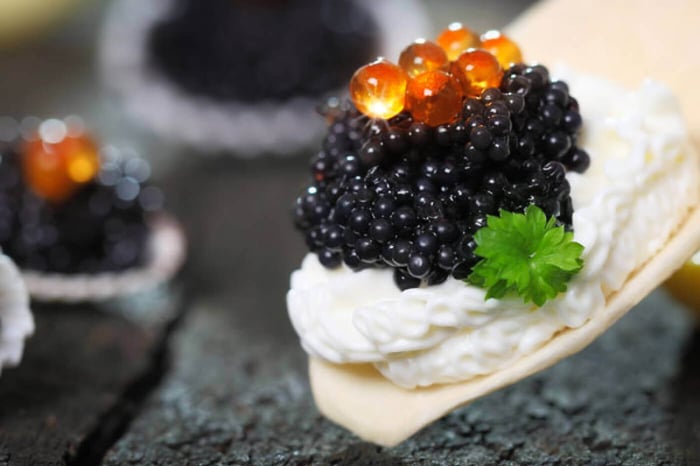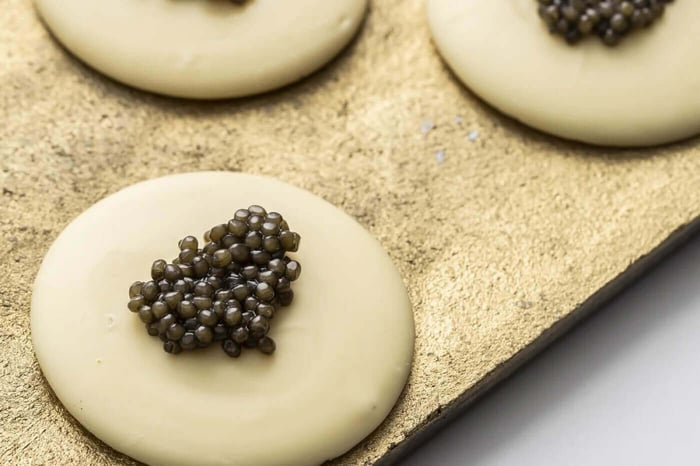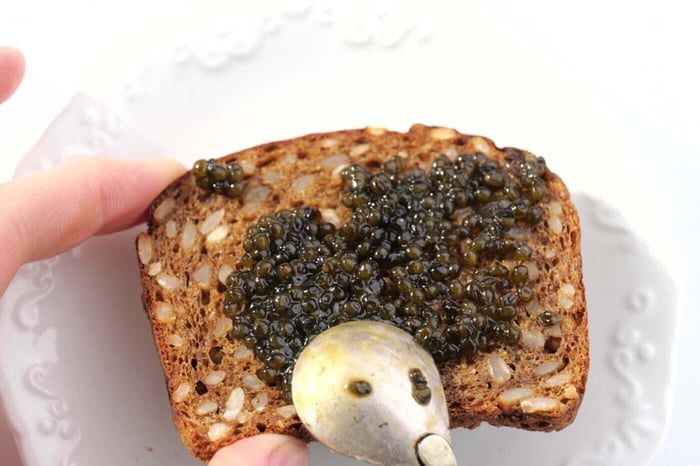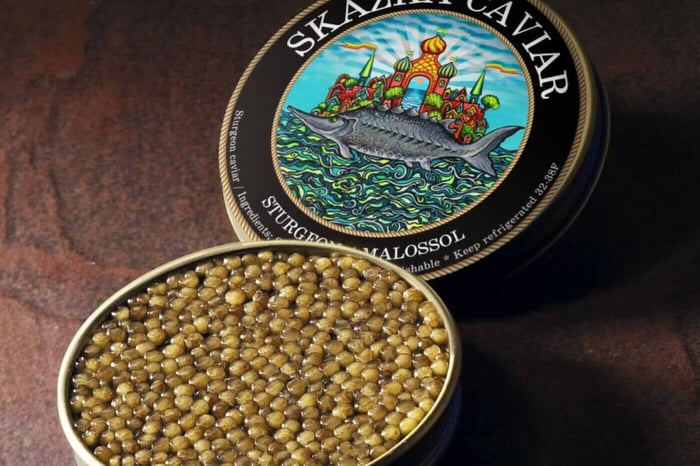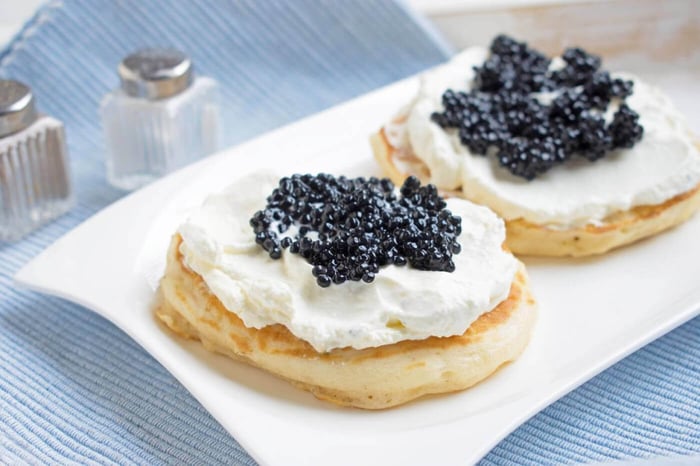 Caviar, long synonymous with luxury and indulgence, is undergoing a major transformation. Once a product mired in overfishing, ecological damage, and animal welfare controversies, today’s caviar market is seeing the rise of a more sustainable and humane alternative—ethical caviar. Ethical producers are reshaping this delicacy with practices that respect both the environment and the sturgeon from which it is harvested. As consumers grow increasingly aware of the impact of their culinary choices, ethical caviar offers a sophisticated yet responsible indulgence. This article explores the evolution, practices, and top producers leading the ethical caviar movement.
Caviar, long synonymous with luxury and indulgence, is undergoing a major transformation. Once a product mired in overfishing, ecological damage, and animal welfare controversies, today’s caviar market is seeing the rise of a more sustainable and humane alternative—ethical caviar. Ethical producers are reshaping this delicacy with practices that respect both the environment and the sturgeon from which it is harvested. As consumers grow increasingly aware of the impact of their culinary choices, ethical caviar offers a sophisticated yet responsible indulgence. This article explores the evolution, practices, and top producers leading the ethical caviar movement.
The Rise of Sustainable Aquaculture
The core of ethical caviar production lies in sustainable aquaculture, a method that raises sturgeon in controlled environments without harming wild populations. With many wild sturgeon species critically endangered due to poaching and habitat loss, farm-raised alternatives help relieve pressure on natural ecosystems. Sustainable aquaculture also allows producers to manage water quality, feed, and health care for the fish, leading to high-quality roe with minimal environmental footprint. Leading countries like France, Italy, and Uruguay are investing in advanced aquaculture systems that marry technology and tradition for eco-conscious caviar.
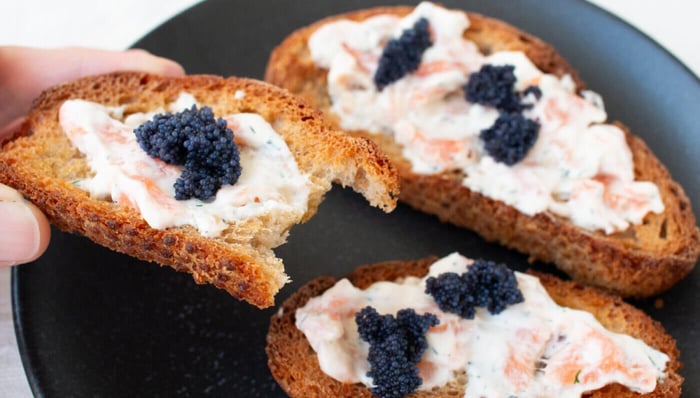
Read: Caviar and Hospitality: How Hotels Offer the Ultimate Experience
No-Kill or Cruelty-Free Harvesting Methods
Traditional caviar production involved killing the sturgeon to extract the roe, a method now considered outdated by ethical standards. Modern no-kill or cruelty-free techniques such as “C-section” harvesting or hormone-induced ovulation allow the fish to survive and reproduce multiple times. These methods require a high degree of precision and fish welfare monitoring, but they dramatically reduce harm to the animals. By keeping the sturgeon alive and healthy, producers not only improve animal ethics but also ensure a more sustainable long-term supply of caviar.
Traceability and Transparency in the Supply Chain
Ethical caviar producers emphasize transparency at every step of the supply chain, from fish hatcheries to the final tin of caviar on the shelf. Consumers are increasingly demanding to know where their food comes from, how it was produced, and what environmental and social practices were involved. Leading ethical brands now include detailed labeling, QR codes, and even blockchain systems to ensure full traceability. This level of openness builds trust and encourages responsible buying decisions while holding producers accountable for their practices.
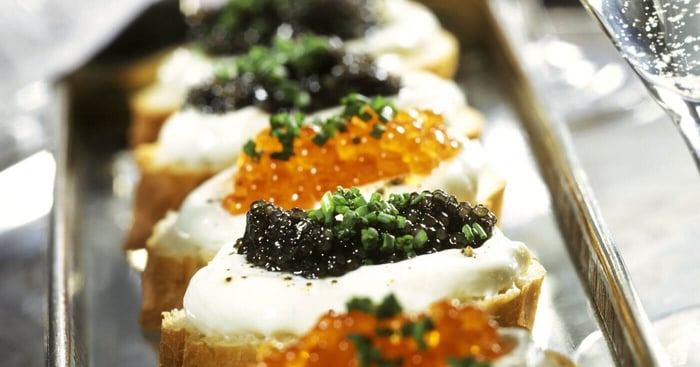
Read: The Rise of Caviar Subscription Services
Certifications and Regulatory Standards
To help consumers identify truly ethical caviar, various certification bodies and standards have emerged. For example, the Aquaculture Stewardship Council (ASC) and Friend of the Sea provide certifications for farms that meet strict environmental, social, and animal welfare criteria. These certifications assess factors like feed sustainability, habitat impact, and humane harvesting practices. Though not yet universally adopted, these third-party seals offer a reliable way for buyers to distinguish ethical producers from greenwashing operations, encouraging higher industry standards across the board.
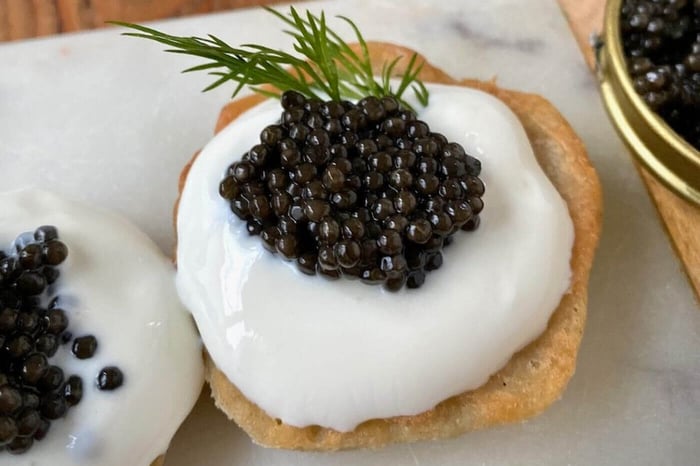
Top Ethical Caviar Producers Around the Globe
Several pioneering companies have emerged as leaders in the ethical caviar market. Brands like Carelian Caviar in Finland, Polanco Caviar in Uruguay, and Caviar Giaveri in Italy are gaining international recognition for their sustainable practices. These producers focus on high-quality, non-lethal harvesting and maintain rigorous control over their operations, often located in pristine, low-impact environments. By combining tradition, innovation, and ethical responsibility, these companies are proving that luxury and sustainability can coexist beautifully in the world of gourmet food.
The Role of Consumer Demand in Driving Change
Ultimately, the future of ethical caviar depends on consumer behavior. As more people prioritize sustainability and animal welfare in their purchasing decisions, market pressure will continue to push producers toward ethical reforms. High-end chefs, retailers, and food influencers also play a crucial role in educating the public and elevating ethical caviar to its rightful status among luxury delicacies. With growing awareness and demand, ethical caviar is well-positioned to become the standard rather than the exception in the years ahead.
Conclusion
The world of caviar is changing for the better, driven by innovation, ethics, and a growing commitment to sustainability. Ethical caviar producers are leading this shift, offering discerning consumers a way to enjoy this exquisite delicacy without compromising their values. From sustainable aquaculture to no-kill harvesting and transparent supply chains, these trailblazers are proving that responsible practices can enhance rather than detract from the luxury experience. As awareness continues to grow, the future of caviar looks not only delicious but also deeply conscientious—a true evolution of taste and principle.
About the Author
 Igor Fishbeyn - Caviar Purveyor
Igor Fishbeyn - Caviar Purveyor
Igor Fishbeyn is purveyor of fine sturgeon caviar and creator of the Skazka Caviar brand. He is an expert with decades of experience specializing in importing, wholesaling, and retailing the finest quality caviar in the world. Igor frequently writes about caviar news and various topics about the caviar industry. He lives in San Francisco with his wife and daughter.
Shop Skazka Caviar
Browse Our Exclusive Caviar Collection
[dib_prod_5322279944351] [dib_prod_5322391584927] [dib_prod_5322633216159][dib_prod_5322609590431]
Shop Caviar By Type
Shop Black Caviar | Shop Red Caviar | Shop Caviar Accessories
Shop Beluga Caviar | Shop Kaluga Caviar | Shop White Sturgeon Caviar
Shop Osetra Caviar | Shop Salmon Roe | Shop Albino Sturgeon Caviar

